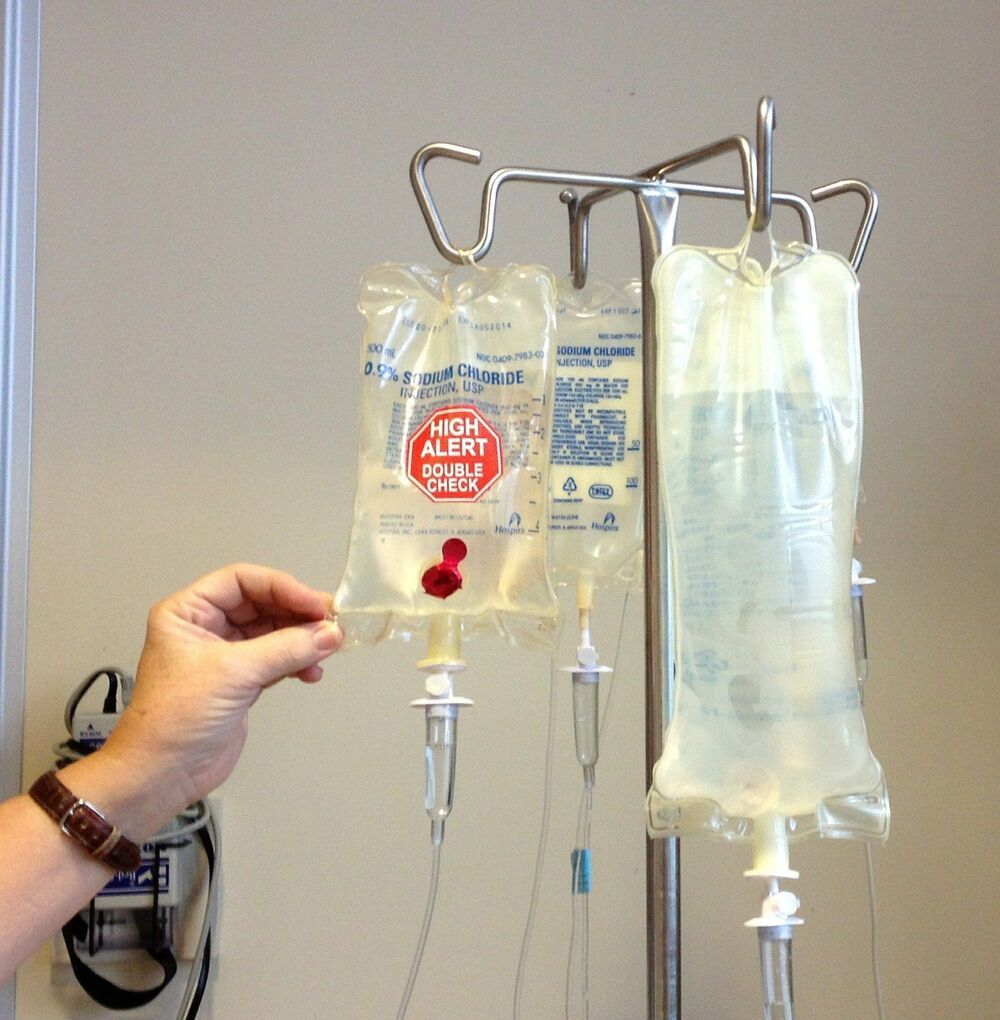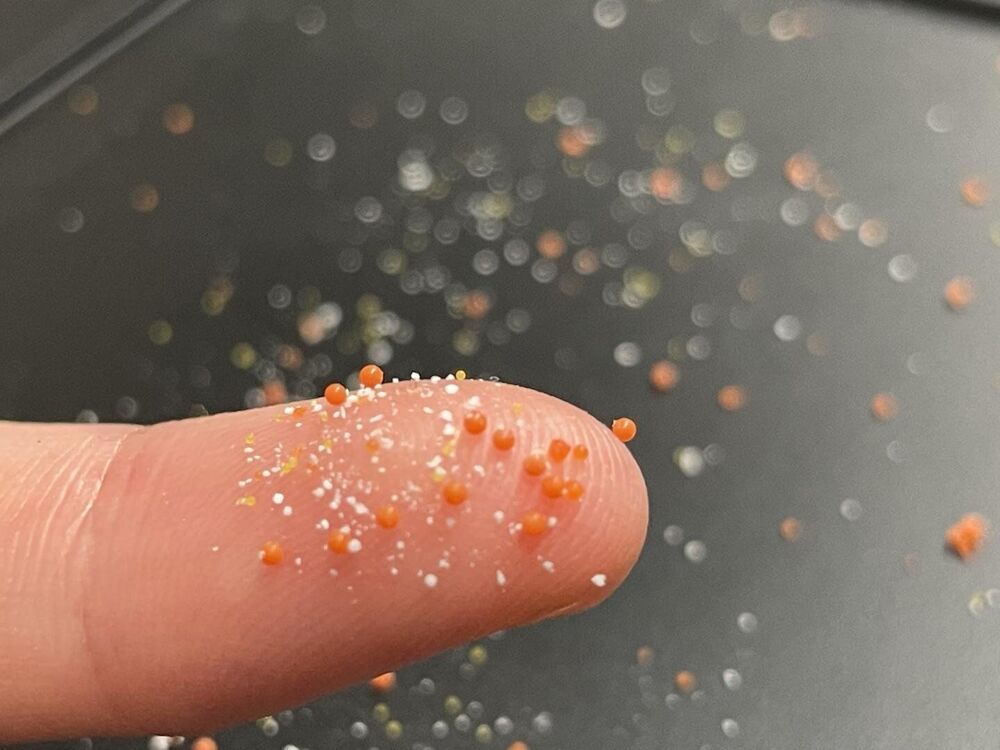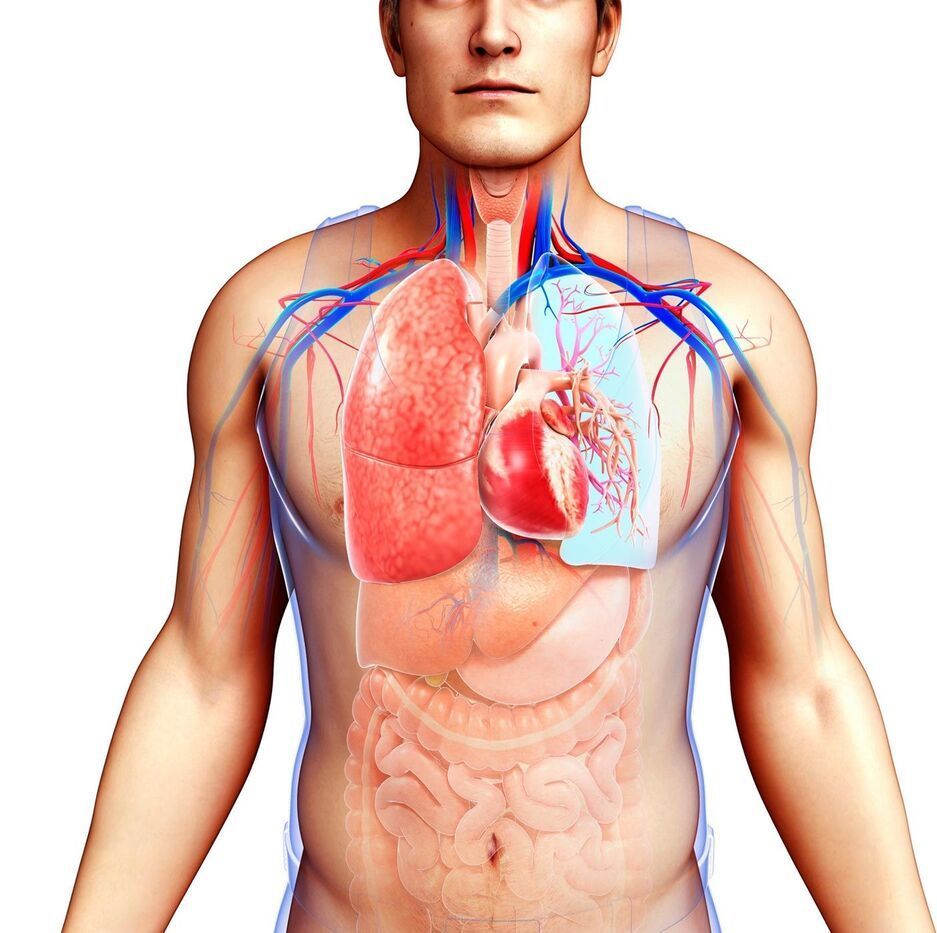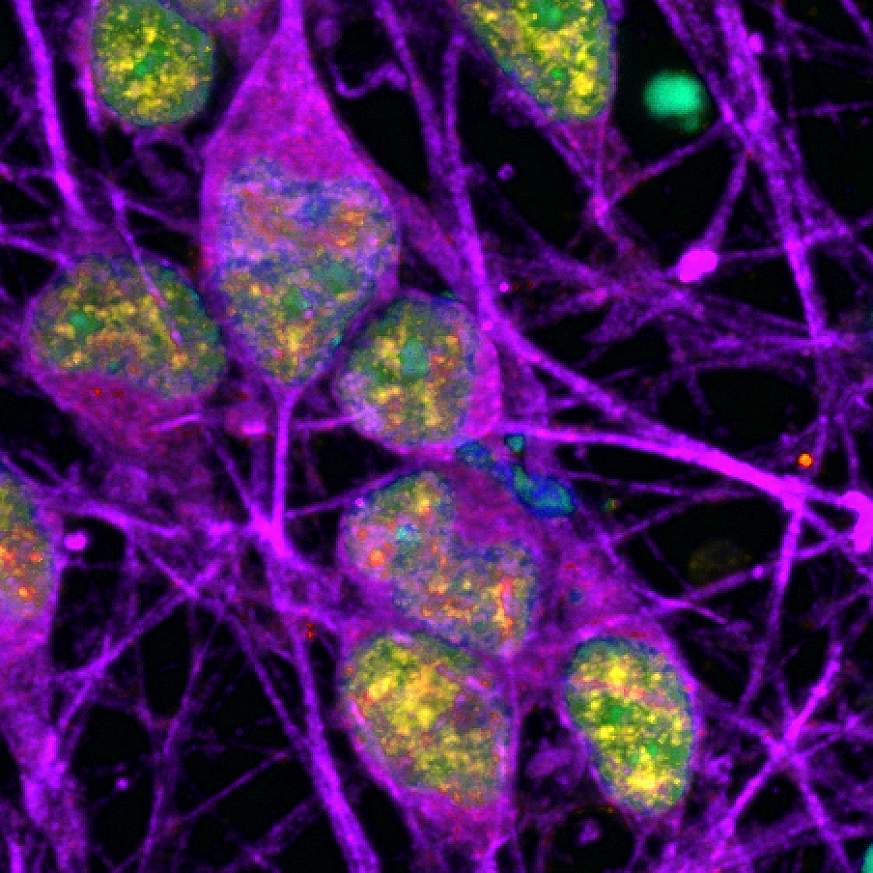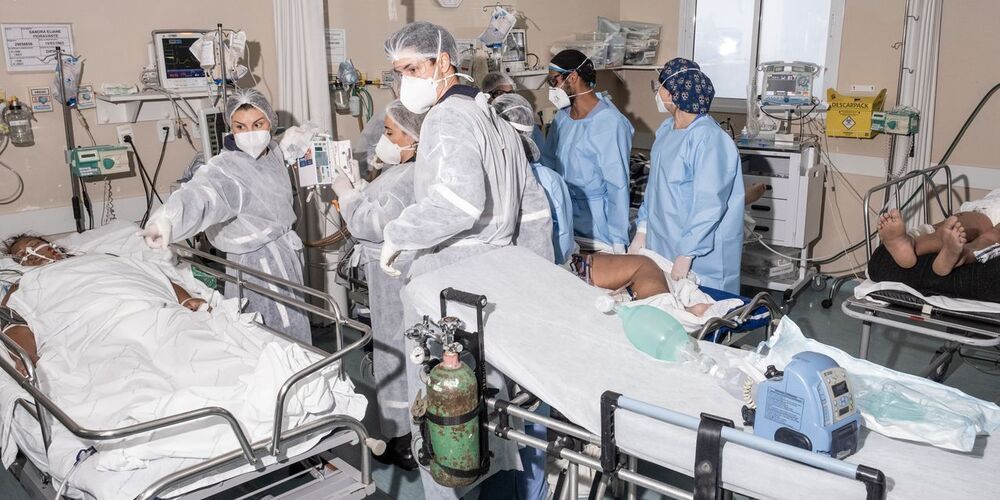Mar 29, 2021
Evolution drives autism and other conditions to occur much more frequently in boys
Posted by Jason Blain in categories: biotech/medical, evolution, genetics, health, neuroscience
In autism, male-female imbalance is especially pronounced. Boys are as much as four times more likely to have some form of autism and are also more likely to have severe symptoms.
HAMILTON, ON, March 3, 2021 — Evolutionary forces drive a glaring gender imbalance in the occurrence of many health conditions, including autism, a team of genetics researchers has concluded.
The human genome has evolved to favour the inheritance of very different characteristics in males and females, which in turn makes men more vulnerable to a host of physical and mental health conditions, say the researchers responsible for a new paper published in the Journal of Molecular Evolution.

